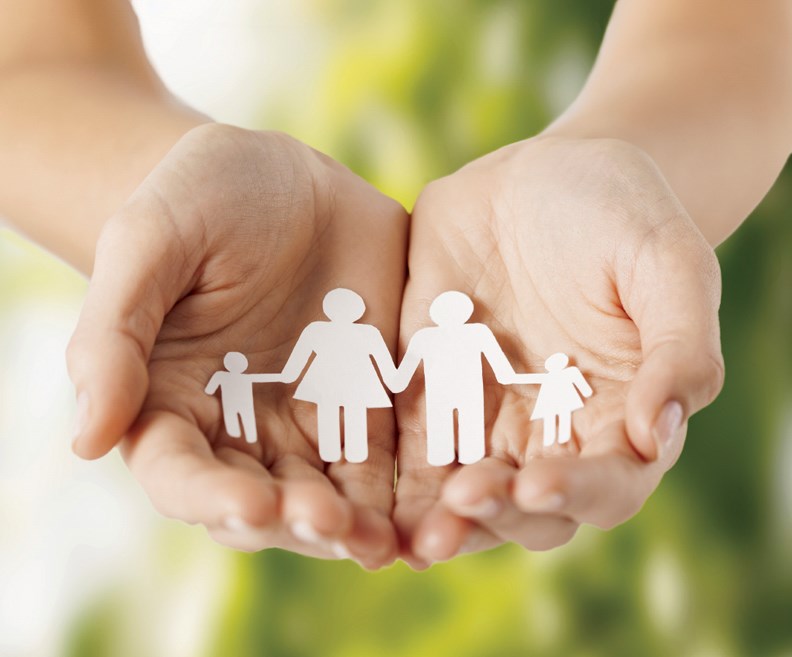Every person needs three things: a bed, a job, and a friend.
Obviously, this is a greatly simplified list, but you get my point. To have a chance to become one’s self – to realize one’s potential and dreams – one needs a minimum number of basic requirements.
Psychologist Abraham Maslow described a hierarchy of needs, which defined the requirements for self-actualization. Among these needs are personal safety and comfort, opportunity, and love and acceptance.
We do not live in a society where these basics have to be obtained by force or coercion; we share a social commitment with each other that says those with the most help those with the least. French philosopher Rousseau called this the “social contract.”
I am distressed sometimes that, as a community, we have lost sight of our social contract – we have placed the need for economic advancement above our obligation to the weaker and less fortunate members of our society.
Here on the Sunshine Coast, we live amid relative abundance. There is a lot of money about, and most folks enjoy many well-earned comforts. We swim and shop, hike and dream, and generally enjoy the good life.
But there are many hundreds of people who live with little and who barely scrape by. These folks live beside and among us, yet they are largely invisible because they do not and cannot take part in our economic and social world.
What can we do to fulfill our obligation to the social contract that binds us into a civil society?
First of all, we can take the spare time we all have to volunteer for a cause that is meaningful. Homelessness and hunger stalk hundreds of people on the Coast. With help from a body of volunteers, good people like Rev. Clarence Li at St. Hilda’s Church offer food and shelter to the less fortunate. Give Li a call and offer to cook a meal.
Second, if you see someone on the street who is obviously in need, don’t walk on by. Stop and talk. Ask if there is anything you can do. Most of the time, he or she will need a little cash. But instead of giving money, take the guy to lunch; buy him a sandwich and listen to his story.
Third, and perhaps most important, demand that your local politicians have a social vision for our community.
It is dead easy to have an economic vision. No grey matter is needed to create municipal policy that favours business. It’s pretty black and white.
Social policy, on the other hand, requires a great deal of careful thought and consideration. The needs of people are complex, and the conception of a caring society means balancing a lot of issues and concerns. Social policy is not black and white.
What I hope for is municipal support for affordable housing. Without safe and affordable housing, the less fortunate among us don’t have a chance to achieve their potential. Sechelt and Gibsons ought to talk about this issue and create the spaces needed for our many lonely and homeless citizens.
But that is just a start. What we need from our local governments is an articulate social vision. We’ve heard plenty about business policy, and that is all good. But now we need to hear about people and what we can do, as a community, to fulfill our social contract.



